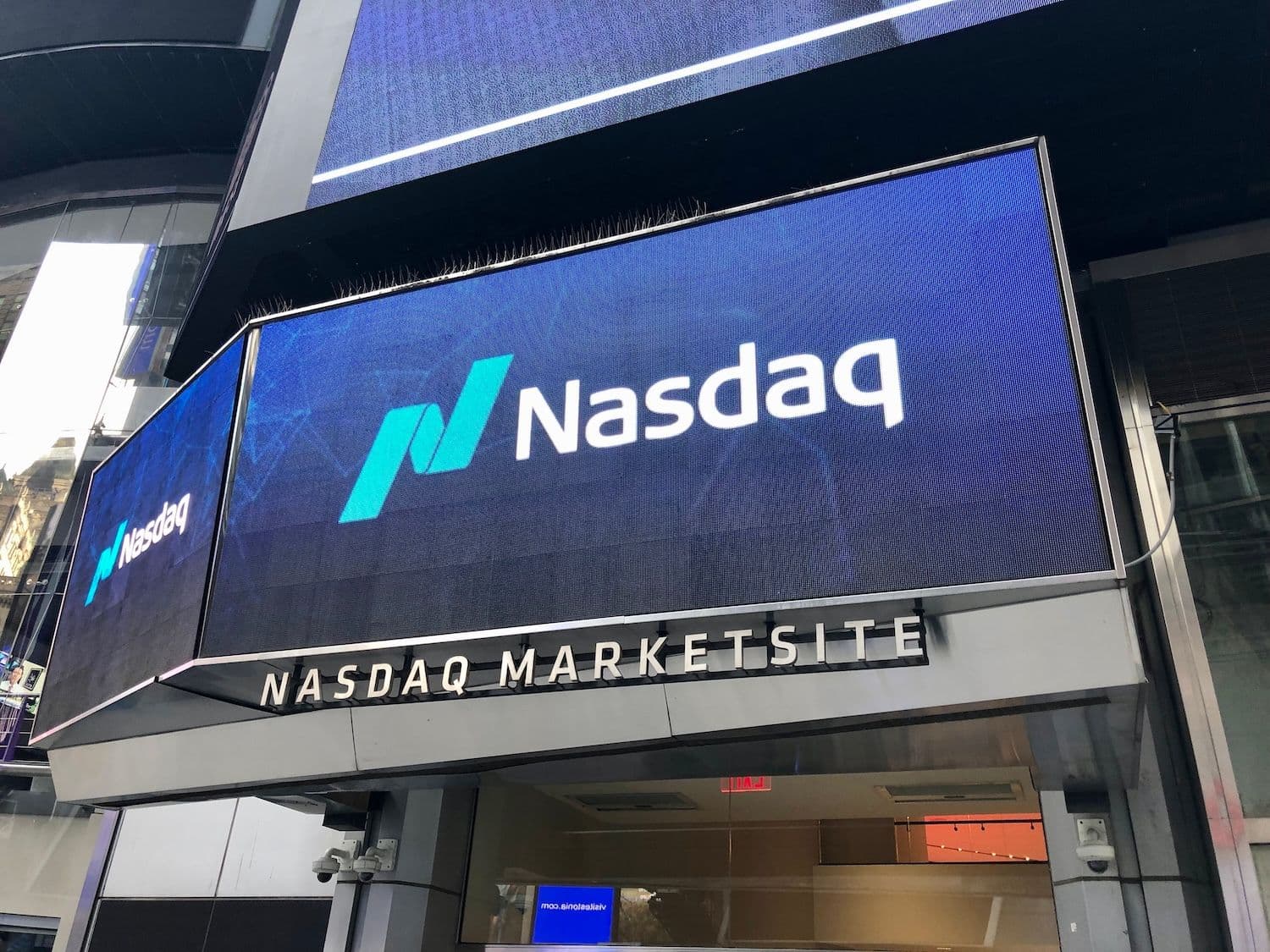Wall Street surged toward record highs Tuesday as Federal Reserve Chair Jerome Powell indicated the central bank could cut interest rates sooner than expected if economic conditions deteriorate. The S&P 500 rose 1% while the Nasdaq 100 climbed 1.5%, positioning itself for its first record close since February amid easing Middle East tensions and constructive monetary policy signals.
What to Know:
- Powell told Congress the Fed could cut rates "sooner rather than later" if inflation pressures remain contained or the labor market weakens
- Markets now fully price in two Fed rate cuts by year-end, with July odds jumping to 20% from near zero last week
- A surprise ceasefire between Israel and Iran, brokered by President Trump, helped fuel the risk-on rally across equity markets
Powell's Congressional Testimony Shifts Market Expectations
Powell's appearance before the House Financial Services Committee marked a notable shift in Fed communication strategy. The central bank chief emphasized that while officials remain data-dependent, they stand ready to act if economic conditions warrant intervention.
"If it turns out that inflation pressures do remain contained, then we will get to a place where we cut rates, sooner rather than later," Powell stated during questioning about a potential July move. He cautioned against pointing to specific meetings but acknowledged the Fed doesn't need to rush given the economy's current strength.
The testimony followed last week's decision to maintain current policy rates. Powell reiterated the central bank's cautious approach as officials assess the economic impact of tariffs and other policy changes. Fed Governors Christopher Waller and Michelle Bowman have recently suggested July rate cuts remain possible.
Two-year Treasury yields dropped toward their lowest levels since early May following Powell's remarks. Money markets rapidly repriced Fed expectations, with traders now betting on 50 basis points of cuts by December. Consumer confidence data also supported the dovish shift, showing weakening sentiment among households.
Bond markets demonstrated resilience despite the rally, with a $69 billion Treasury auction proceeding smoothly. Powell separately indicated that potential changes to capital buffer requirements could enhance banks' roles in Treasury market intermediation.
Geopolitical Tensions Ease as Ceasefire Takes Hold
The geopolitical backdrop improved dramatically as Israel and Iran appeared to honor an unexpected ceasefire agreement announced by President Trump. The development came less than 48 hours after direct U.S. military involvement in the conflict.
Trump's announcement followed American strikes on Iranian nuclear facilities, which themselves came after Iran's measured attack on a U.S. air base in Qatar. Market participants viewed the Iranian response as deliberately de-escalatory, setting the stage for diplomatic resolution.
"Stocks are moving higher on news of a ceasefire between Iran and Israel and the idea that this will remain a short-lived war, rather than a long and drawn out conflict," said Chris Brigati at SWBC. The de-escalation encouraged investors to pursue risk-on strategies across equity markets.
However, some strategists urged caution despite the positive developments. Matt Maley at Miller Tabak noted that while conflict risks have diminished meaningfully, the overall risk-reward equation remains skewed toward caution given elevated market valuations and slowing economic growth.
Oil prices plunged on the ceasefire news, reflecting reduced supply disruption concerns. The dollar also weakened as safe-haven demand ebbed across global markets.
Market Outlook Remains Mixed Despite Rally
Investment professionals offered divergent views on market sustainability despite Tuesday's broad-based gains. Bill Gross, co-founder of Pacific Investment Management Co., predicted a "little bull market" for stocks alongside a "little bear market" for bonds.
Gross warned that 10-year Treasury yields would struggle to fall below 4.25% due to fiscal deficits and dollar weakness maintaining inflationary pressures. He argued that artificial intelligence continues driving equity markets higher regardless of Treasury performance or broader economic growth concerns.
The stock market's resilience over recent months has impressed analysts as the S&P 500 recovered sharply from April lows.
Equities now trade within 1% of record highs despite ongoing uncertainties around trade policy and geopolitical developments.
Barclays strategist Emmanuel Cau suggested that market volatility around geopolitical events typically creates buying opportunities rather than lasting selloffs. He viewed the current environment as potentially bullish for stocks over the medium term, despite elevated valuation concerns.
Closing Thoughts
Market optimism surged as Powell's dovish pivot coincided with Middle East diplomatic progress, driving major indices toward record territory. While Fed flexibility on rate cuts and geopolitical de-escalation boosted investor sentiment, strategists warn that elevated valuations and economic uncertainties require continued caution despite the current rally.



